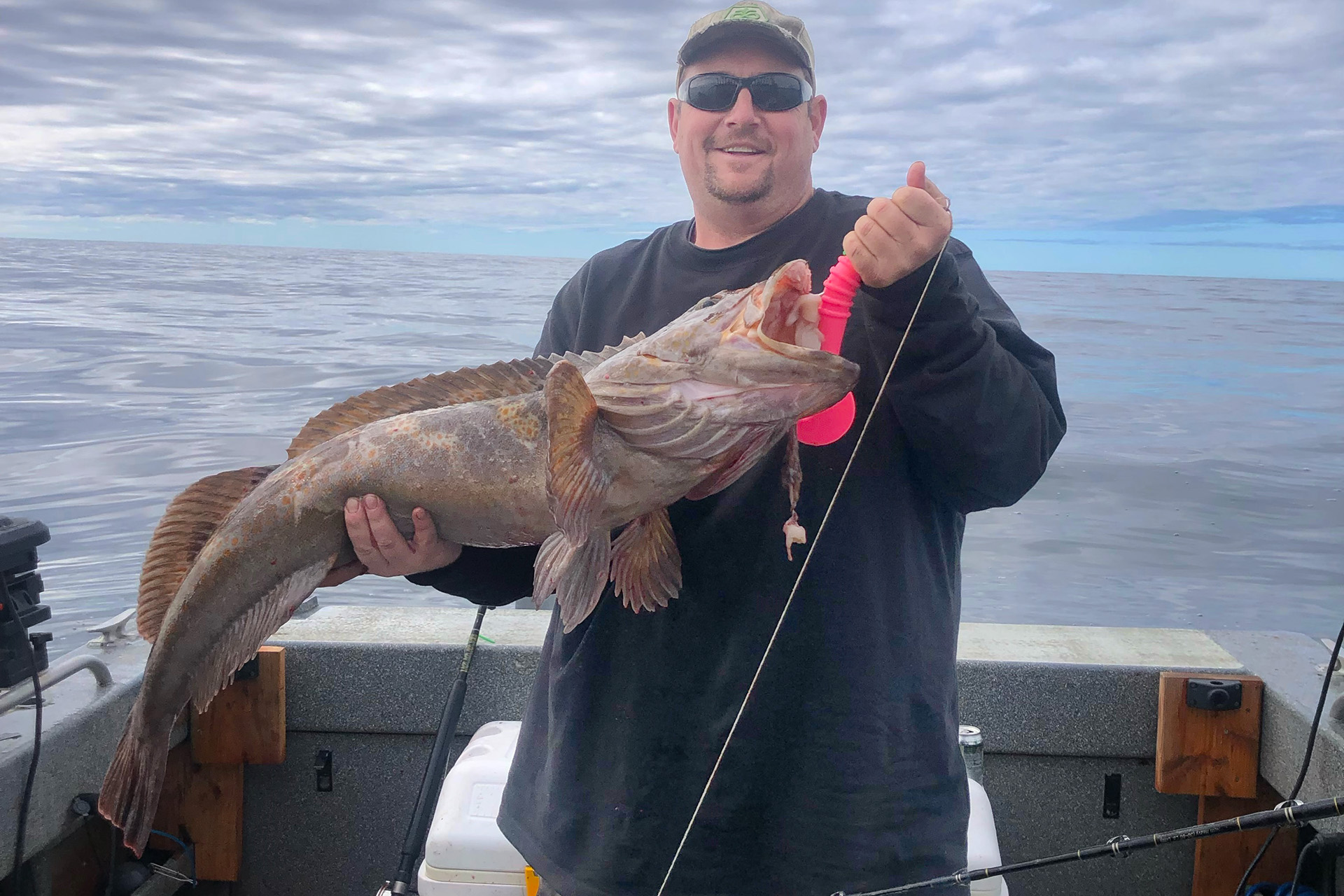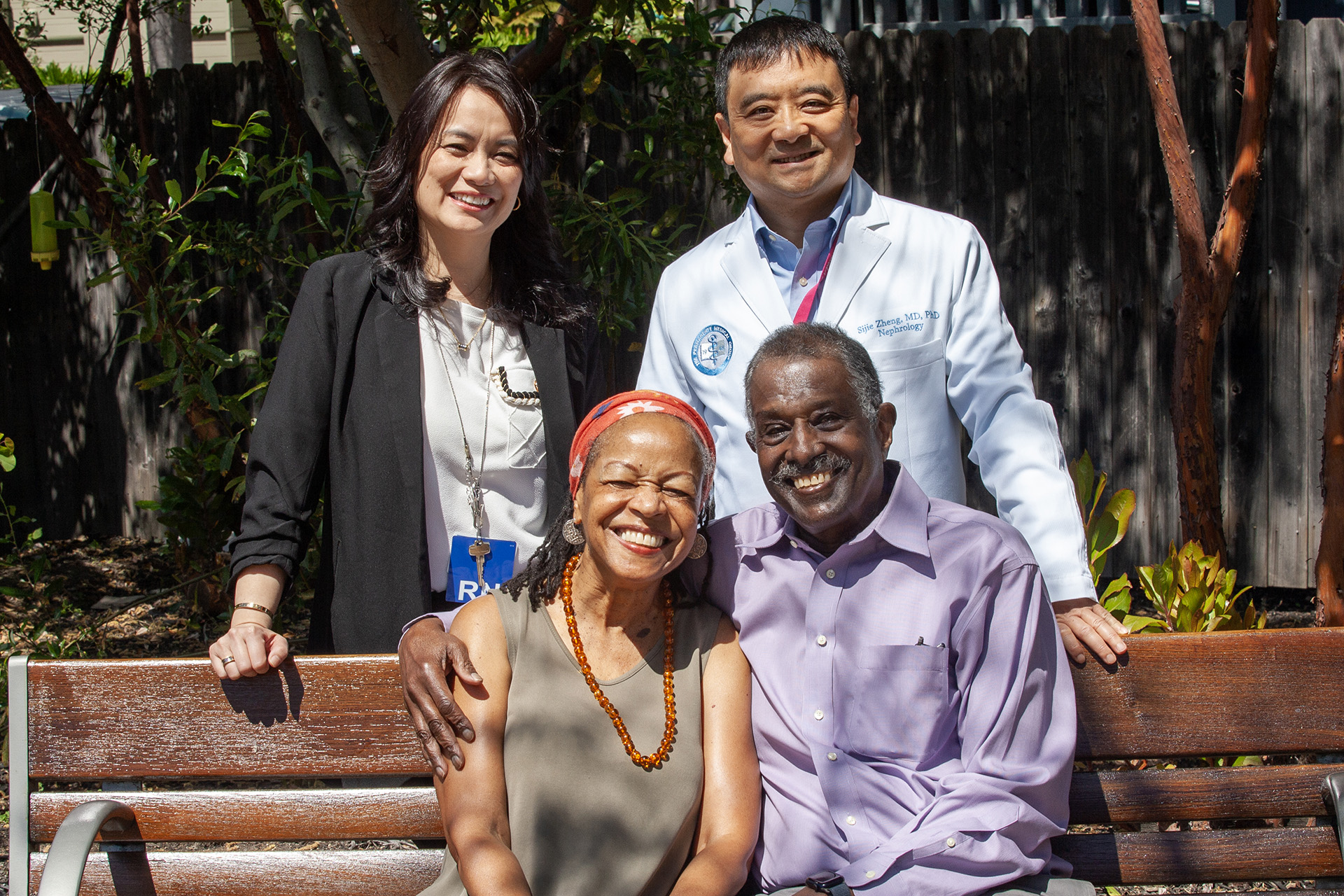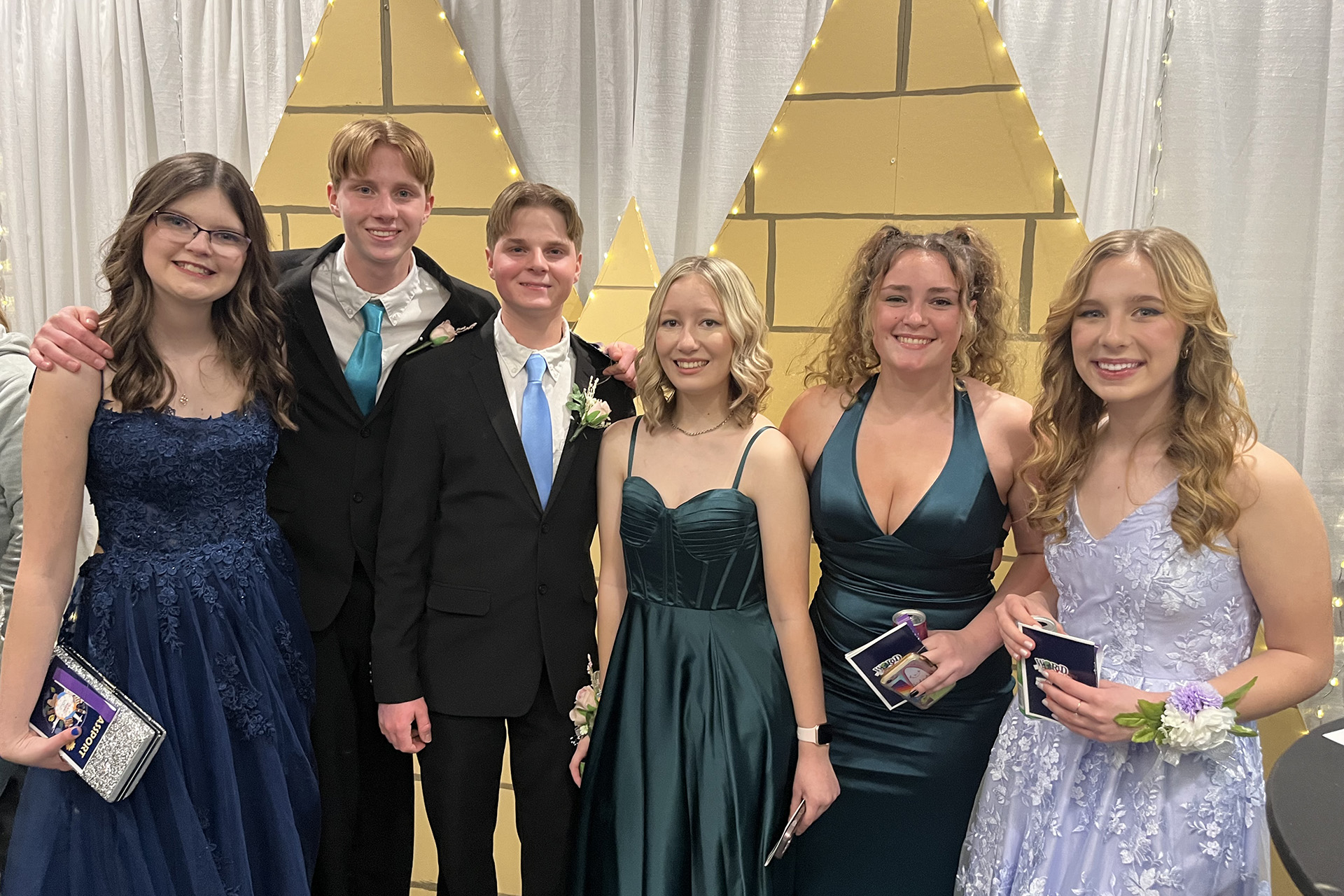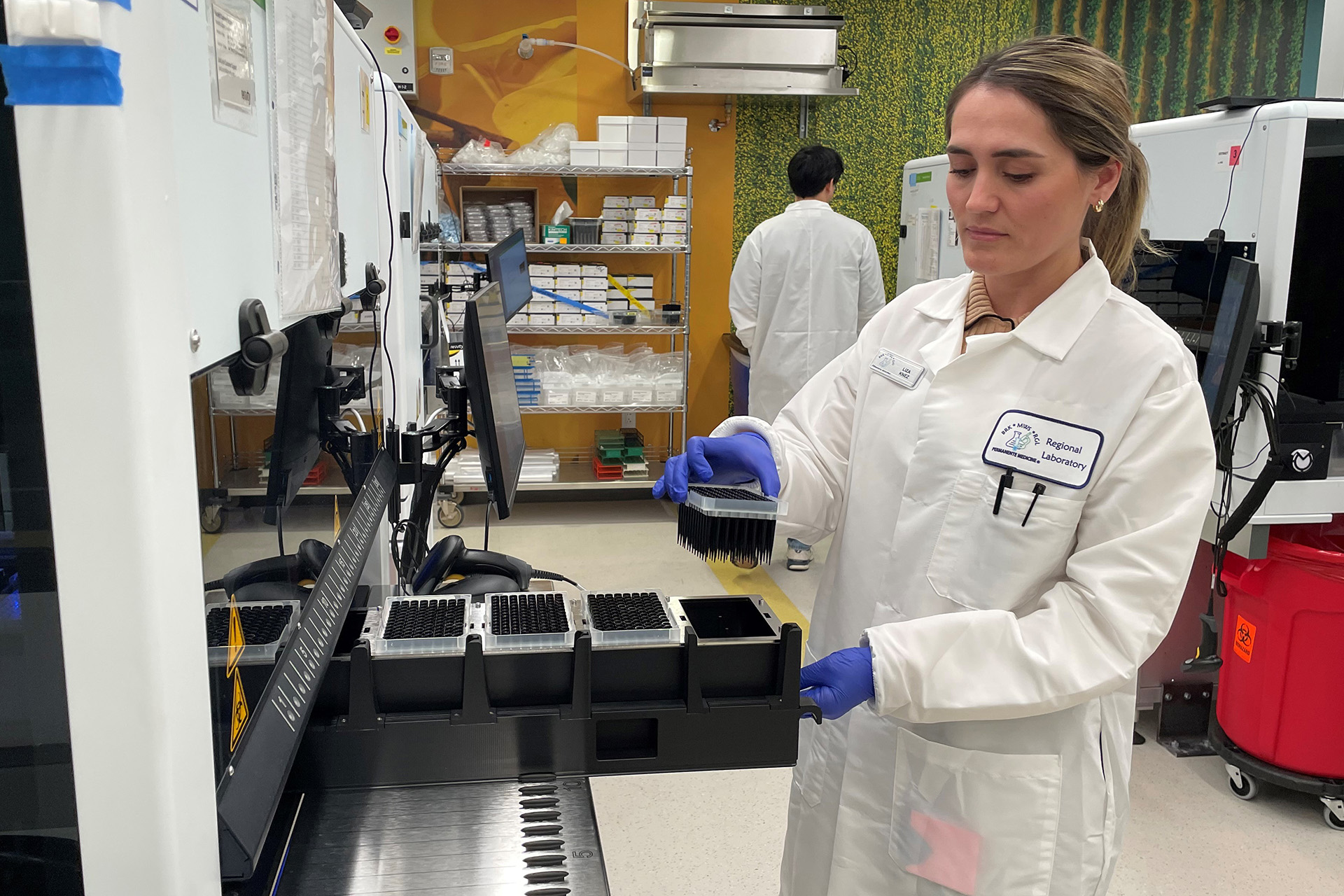Kaiser Permanente Fresno member Jeff Hacker can thank a wearable, heart-monitoring device and the quick action of his care team for saving his life.
He had been grappling with a frightening heart condition that landed him in the Emergency Department several times and was not completely responding to medications. This device, known as an ambulatory heart monitor, helped his care team uncover a more effective, life-saving treatment.
An irregular and often rapid heartbeat
Hacker’s heart troubles began in early 2021 when he would experience sudden episodes of lightheadedness and rapid heartbeat. The episodes would come and go. He became concerned.
“I was in my early forties, good health, low cholesterol, and no family history of anything wrong so it was really strange,” Hacker said. “I wanted to know what was going on.”
He was soon diagnosed with atrial fibrillation (A-FIB), an irregular and often rapid heartbeat that can decrease blood flow and present risks of losing consciousness. It can even cause cardiac arrest.
For two years, Hacker worked with his physicians to manage his condition.
“At a certain point, my symptoms weren’t going away, and I ended up in the (emergency department) a couple of times,” he said.
Following two Emergency Department stays in close succession, the care team then came together to determine a better solution. They decided on an ambulatory heart monitor.
“Equipping Jeff with an ambulatory heart monitor allowed us the best opportunity to track his heart remotely and act quickly in the event of life-threatening, unstable heart rhythms,” said Hardik Patel, MD, KP Fresno cardiologist.
This small device uses sensors attached to the chest with a special adhesive to record the way a heart beats during normal activities. It helps to find what may cause chest pain, dizziness, or fainting. It can also monitor whether treatments are working.
Remote monitor uncovers diagnosis
Less than 24 hours after returning home from the ED with his new monitor, Hacker headed to the local medical office to pick up a new prescription when he felt the all-too-familiar feeling of a racing heart and dizziness.
“I just had to sit down and catch my breath, then get back home.”
No sooner did Hacker reach his car when his phone rang, with Dr. Patel on the other end. The monitor alerted the care team he had just experienced a severe cardiac event.
“It was critical that he get to the Emergency Department immediately,” said Dr. Patel.
Dr. Patel and the entire cardiac team met Hacker when he arrived.
“The monitor allowed us to see what he was experiencing in real time and get him assistance quickly.” Hardik Patel, MD
“(Jeff’s A-FIB) was a treatable arrhythmia that resulted in significantly faster-than-normal heart rate with near loss of consciousness,” said Dr. Patel. “But this condition, if left untreated, is associated with rapidly compromised cardiovascular functions. The monitor allowed us to see what he was experiencing in real time and get him assistance quickly.”
With a better understanding of his condition, the care team identified a possible solution: catheter ablation, a minimally invasive procedure to treat electrical impulses that cause or contribute to irregular heart rhythms.
Since his procedure, Hacker has not experienced another heart-racing episode, and he feels like his old self.
“Thanks to that monitor, I got in quickly and I had someone by my side from the moment I got to the ED, through the ICU, and ultimately a surgery that saved my life.”





This Post Has 0 Comments